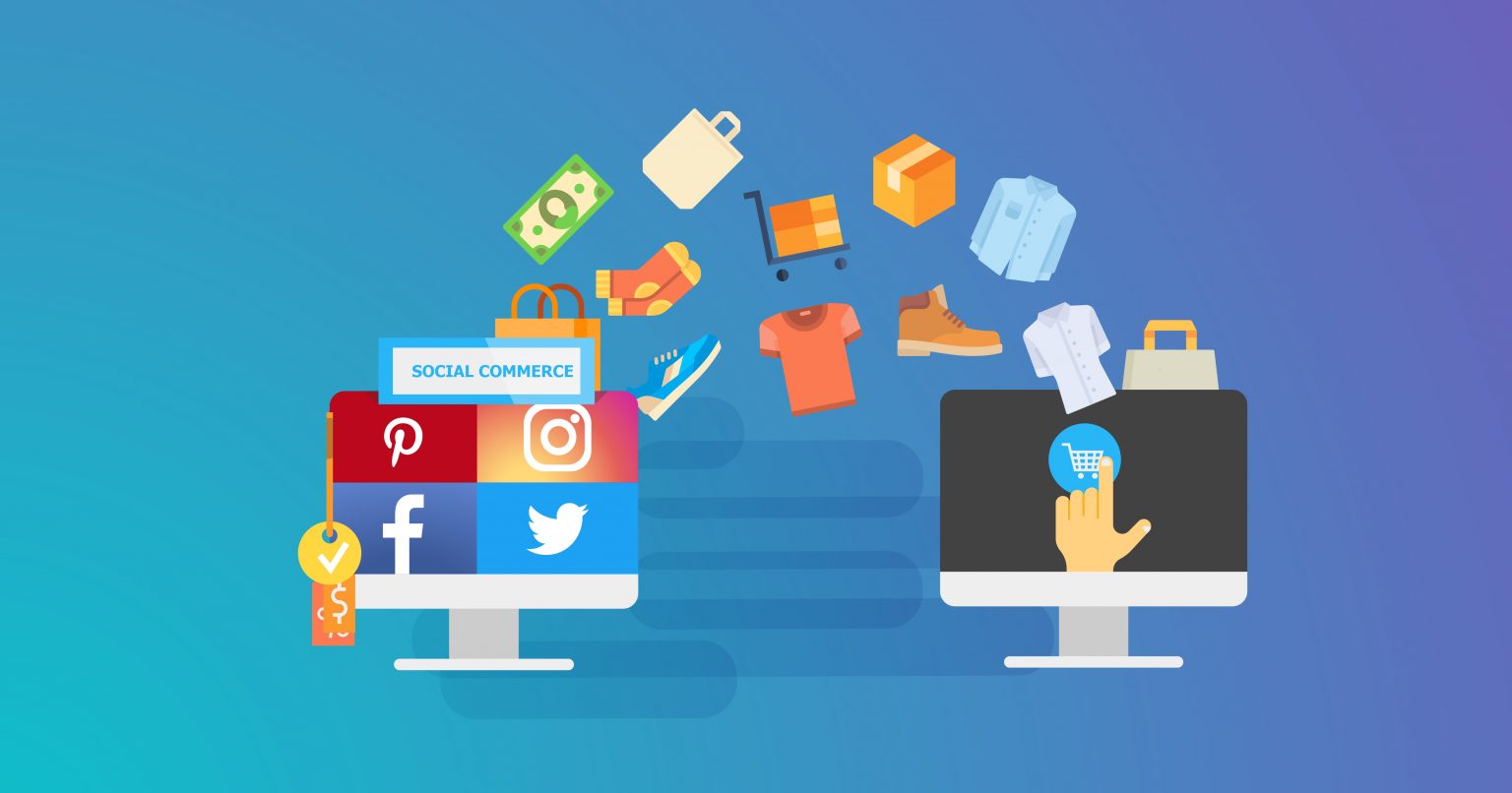In the rapidly evolving landscape of digital marketing, staying ahead of the curve is essential for businesses to maintain their competitive edge. One of the most transformative technologies in recent years has been artificial intelligence (AI) and machine learning. From enhancing customer experiences to optimizing ad campaigns, AI and machine learning offer a myriad of opportunities for marketers to drive growth and achieve their goals. In this blog post, we’ll delve into the ways AI and machine learning are reshaping the marketing landscape and how you can leverage them to propel your business forward.
The Role of AI and Machine Learning in Marketing:
AI and machine learning technologies are revolutionizing the way marketers understand and engage with their audiences. These technologies analyze vast amounts of data in real-time, allowing marketers to uncover valuable insights and make data-driven decisions. Here are some key areas where AI and machine learning are making an impact in marketing:
#1 Personalization:
Personalization has become a cornerstone of modern marketing strategies, and AI and machine learning play a pivotal role in delivering personalized experiences to consumers. By analyzing user behavior, preferences, and past interactions, AI-powered algorithms can tailor content, product recommendations, and marketing messages to individual users, leading to higher engagement and conversions.
#2 Predictive Analytics:
Predictive analytics leverages AI and machine learning algorithms to forecast future outcomes based on historical data patterns. In marketing, predictive analytics can help identify trends, anticipate customer needs, and optimize marketing campaigns for better results. Whether it’s predicting customer churn, forecasting sales, or optimizing pricing strategies, predictive analytics empowers marketers to make proactive decisions that drive business growth.
#3 Marketing Automation:
Automation is another area where AI and machine learning are driving significant advancements in marketing. From email marketing automation to chatbots and customer service automation, AI-powered tools streamline repetitive tasks, improve efficiency, and free up time for marketers to focus on strategy and creativity. By automating routine processes, businesses can deliver personalized experiences at scale, nurture leads more effectively, and improve overall productivity.
#4 Content Creation and Optimization:
AI-driven content creation tools are revolutionizing the way marketers produce and optimize content. From generating blog post ideas to crafting compelling ad copy, AI-powered platforms use natural language processing (NLP) and machine learning algorithms to analyze audience preferences and create content that resonates. Additionally, AI can optimize content for search engines by analyzing keywords, topics, and user intent, helping businesses improve their search engine rankings and drive organic traffic.
#5 Customer Insights and Sentiment Analysis:
Understanding customer sentiment and feedback is crucial for shaping marketing strategies and improving brand perception. AI and machine learning algorithms can analyze social media conversations, customer reviews, and survey data to extract valuable insights about customer preferences, pain points, and sentiment. By gaining deeper insights into customer behavior and preferences, marketers can tailor their messaging and campaigns to better meet the needs of their target audience.
How to Leverage AI and Machine Learning in Your Marketing Strategy:
Now that we’ve explored the various ways AI and machine learning are transforming marketing, let’s discuss how you can leverage these technologies to drive success for your business:
- Invest in AI-powered Marketing Tools: Evaluate your marketing stack and identify areas where AI-powered tools can add value. Whether it’s marketing automation platforms, predictive analytics software, or AI-driven content creation tools, investing in the right technology can help you streamline processes, improve efficiency, and deliver better results.
- Prioritize Data Quality and Integration: AI and machine learning rely on high-quality data to deliver accurate insights and predictions. Ensure that your data is clean, organized, and integrated across your marketing systems to enable seamless analysis and decision-making. Consider implementing data management solutions and investing in data analytics capabilities to unlock the full potential of AI-driven marketing.
- Test and Iterate: Experimentation is key to unlocking the full potential of AI and machine learning in marketing. Test different algorithms, strategies, and approaches to see what works best for your audience and objectives. Continuously monitor performance metrics and iterate based on insights gained from data analysis to optimize your marketing efforts over time.
- Embrace a Culture of Innovation: Embracing a culture of innovation is essential for harnessing the power of AI and machine learning in marketing. Encourage your team to explore new ideas, experiment with emerging technologies, and stay updated on the latest trends and best practices in the industry. By fostering a culture of curiosity and learning, you can stay ahead of the competition and drive continuous improvement in your marketing efforts.
5 Tools for AI & Machine Learning
- TensorFlow: Developed by Google Brain, TensorFlow is an open-source machine learning framework widely used for various applications, including natural language processing, image recognition, and deep learning.
- PyTorch: PyTorch is another popular open-source machine learning library primarily developed by Facebook’s AI Research lab (FAIR). It’s known for its flexibility and dynamic computation graph capabilities, making it suitable for research and production.
- Scikit-learn: Scikit-learn is a simple and efficient tool for data mining and data analysis built on top of NumPy, SciPy, and Matplotlib. It provides simple and efficient tools for data mining and data analysis and is widely used for tasks like classification, regression, clustering, and dimensionality reduction.
- Keras: Keras is a high-level neural networks API written in Python and capable of running on top of TensorFlow, Theano, or Microsoft Cognitive Toolkit. It’s known for its user-friendliness and ease of prototyping deep learning models.
- IBM Watson Studio: IBM Watson Studio is an integrated environment designed to help data scientists and developers create and deploy AI and machine learning models. It provides a suite of tools for data preparation, training, and deployment.
Conclusion:
AI and machine learning are revolutionizing the way marketers understand, engage, and convert customers. By harnessing the power of these technologies, businesses can unlock valuable insights, automate routine tasks, and deliver personalized experiences that drive growth and revenue. Whether it’s leveraging predictive analytics to forecast future trends or using AI-driven content creation tools to optimize your messaging, embracing AI and machine learning can propel your marketing strategy to new heights in 2024 and beyond.

